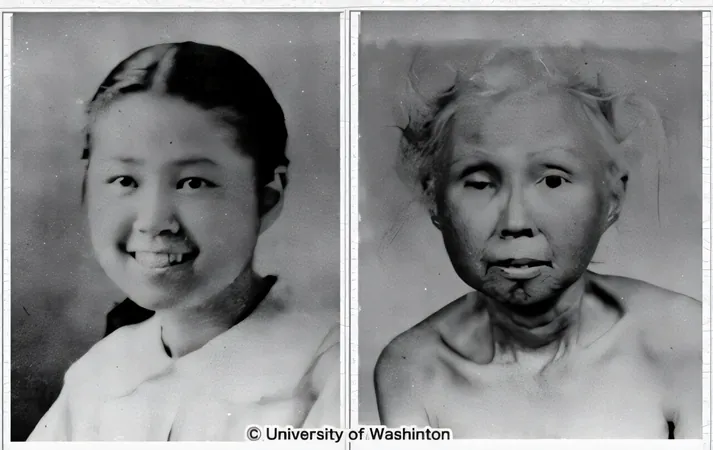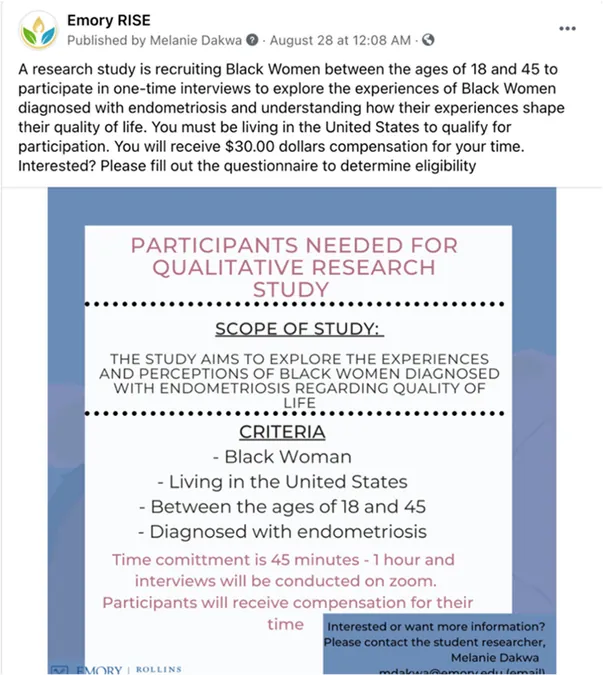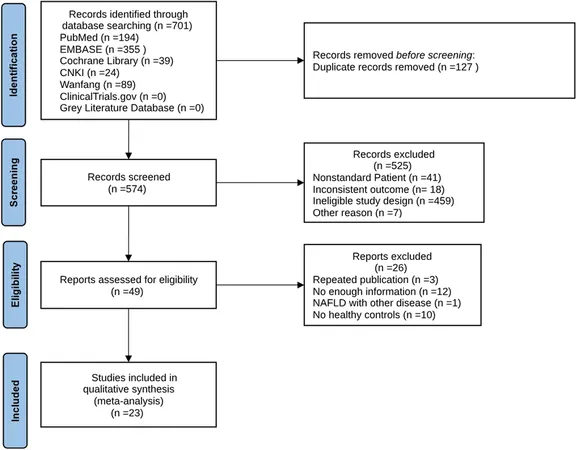
Breakthrough: Vitamin B3 Derivative Shows Promise in Battling Rare Aging Disorder!
2025-06-05
Author: Nur
Combatting the Effects of Accelerated Aging: An Overview of Werner Syndrome
Imagine facing the grim reality of aging at just 20 years old. That’s the harsh truth for those suffering from Werner syndrome (WS), a rare genetic disorder that accelerates aging. This debilitating condition not only leads to gray hair, hair loss, and cataracts but also results in severe skin ulcers, diabetes, and a higher risk of death from cardiovascular diseases or cancer. Affecting about nine people per million in Japan, WS has long been a medical enigma with no effective treatments.
The Science Behind the Condition: NAD+ Deficiency
Recent studies have unveiled a crucial link between WS and depleted levels of nicotinamide adenine dinucleotide (NAD+), a vital biomolecule responsible for energy production and cellular repair. A 2019 study from the Bohr lab highlighted that patients with WS exhibited significantly reduced NAD+ levels, indicating that this deficiency may play a critical role in the hastening of the disease.
Exploring New Frontiers: The Role of Nicotinamide Riboside
Enter nicotinamide riboside (NR), a powerful precursor to NAD+ that has shown remarkable results in animal studies, from extending lifespan to combating age-related declines. While its effects on WS remained largely unexplored, recent clinical trials have brought exciting findings to light.
A Groundbreaking Study: The World’s First Clinical Trial on NR and WS
In an inspiring breakthrough led by Associate Professor Masaya Koshizaka at Chiba University, researchers embarked on the first-ever clinical trial testing NR on WS patients. Published in the esteemed journal "Aging Cell," this rigorous trial was designed to assess both the safety and efficacy of NR through a randomized, double-blind, placebo-controlled setup. Patients experienced NR supplementation or a placebo over a course of 26 weeks, before switching treatments.
Impressive Results: Health Improvements Across Multiple Systems
The outcomes were nothing short of remarkable! NR supplementation led to a significant rise in NAD+ levels, improved arterial stiffness—a crucial factor in cardiovascular health—diminished skin ulcer sizes, and even appeared to slow kidney dysfunction, all without any serious side effects. Further analysis revealed that NR reduced creatinine levels, indicating a protective effect on kidney function, which is often compromised in WS patients.
Hope for the Future: Improving Quality of Life for WS Patients
Dr. Yasmeen Nkrumah-Elie, Global Director of Niagen Bioscience, described this research as a game-changer for those affected by WS, showing that NR has the potential to not only tackle cardiovascular and skin issues but also enhance overall quality of life. Given that over 70% of WS patients suffer from untreatable skin ulcers, these findings are critical.
Looking Ahead: Broader Implications for Aging Disorders
While larger studies are essential to validate these findings, this pioneering research illuminates new paths for treating WS and offers broader insights into aging itself. Dr. Koshizaka emphasized the potential of NR to tackle the fundamental mechanisms behind not just WS but other age-related conditions as well, ultimately aiming to extend our health span.
This groundbreaking work provides fresh hope for many who have been left without effective options for far too long, and it could change the future of aging disorders across the board.




 Brasil (PT)
Brasil (PT)
 Canada (EN)
Canada (EN)
 Chile (ES)
Chile (ES)
 Česko (CS)
Česko (CS)
 대한민국 (KO)
대한민국 (KO)
 España (ES)
España (ES)
 France (FR)
France (FR)
 Hong Kong (EN)
Hong Kong (EN)
 Italia (IT)
Italia (IT)
 日本 (JA)
日本 (JA)
 Magyarország (HU)
Magyarország (HU)
 Norge (NO)
Norge (NO)
 Polska (PL)
Polska (PL)
 Schweiz (DE)
Schweiz (DE)
 Singapore (EN)
Singapore (EN)
 Sverige (SV)
Sverige (SV)
 Suomi (FI)
Suomi (FI)
 Türkiye (TR)
Türkiye (TR)
 الإمارات العربية المتحدة (AR)
الإمارات العربية المتحدة (AR)